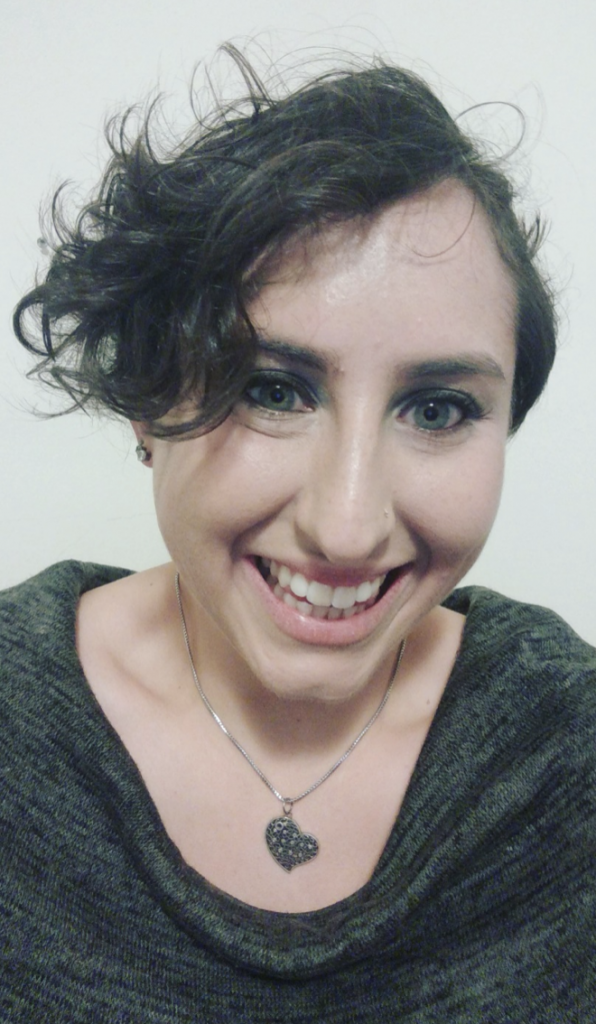By Melissa Lovitz

This summer I worked at Michigan State University (MSU) at the Education Policy Innovation Collaborative (EPIC) Lab. In April, the Michigan Department of Education asked EPIC to help them understand how Michigan districts planned to continue educating students as school buildings closed due to COVID-19. To do so, our research team obtained and coded Continuity of Learning (COL) plans from 813 Michigan school district put in place for the remainder of the 2019-2020 school year to address how school districts would function with the suspension of face-to-face instruction. I had several responsibilities including developing a coding rubric and creating a codebook for the data collection team, monitoring data collection progress, and interpreting the results. We wrote up our findings in policy brief to share with Michigan education partners and education researchers. To me, this is a great example of 21st Century research. We responded to a real world, practice-related issue, developed a research study to answer critical questions about how Michigan school districts planned to educate students during Covid-19, and created a resource for policymakers to help inform decisions for the 2020-2021 school year. You can read the policy brief here: https://epicedpolicy.org/how-did-michigan-school-districts-plan-to-educate-students-during-covid-19/.
About the Author: Melissa Lovitz is an E-P doctoral student and a Research Analyst at the Tufts Interdisciplinary Evaluation Research (TIER) group. Melissa received her Bachelor’s degree in Human Development and Family Studies from the University of Connecticut and her Master’s degree in Urban Education Policy from Brown University. At Tufts, she studies parent-child relationships, family engagement across students’ educational trajectory, and parental role construction in the contexts of early childhood education and development.

 ABOUT
ABOUT